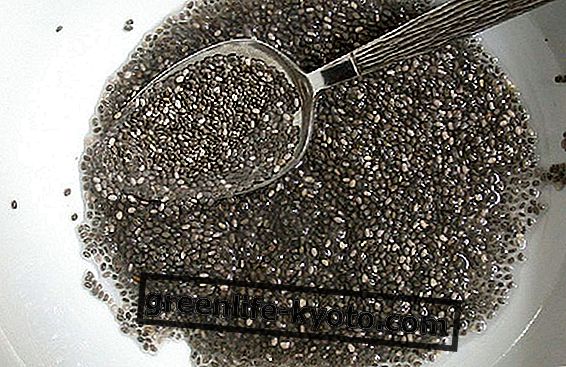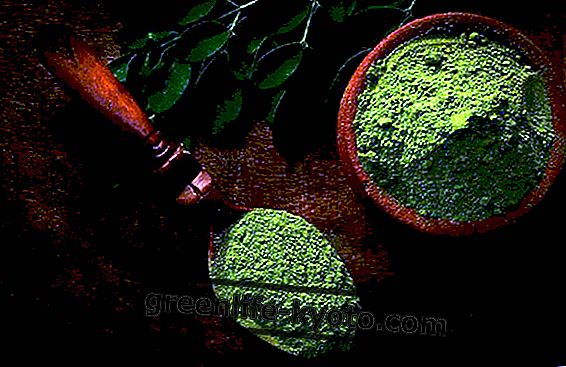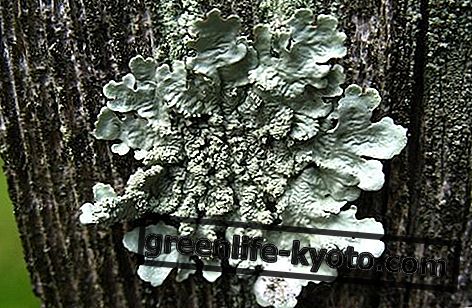
Cystitis is a bacterial infection that affects the bladder, very common and frequent in women. Let's see what are the best natural cures to prevent and treat cystitis.
Cystitis: what it is and which are the most common natural cures
Cystitis is an acute infection of the bladder very common particularly among women and especially in the age group between twenty and fifty years.
Infection is caused by bacteria and in women cystitis tends to be more common because the female urethra has a shorter length and the opening site is more easily contaminated by microorganisms . Urinary tract infections are then more frequent during pregnancy, in the case of diabetes or if you suffer from stones.
The bacteria reproduce in the urine, adhere to the bladder wall and cause inflammation whose symptoms are generally burning, pain and urgency to urinate.
For the treatment of cystitis there are several traditional herbal remedies used and the mechanisms by which they act are the inhibition of bacterial adhesion to the bladder and the antimicrobial action. Among the herbs used in the treatment or prevention of cystitis we find, for example, burdock, echinacea, naturzio, bearberry and American cranberry.
The best natural treatments for cystitis
One of the best natural cures for cystitis is the American cranberry or cranberry ( Vaccinum macrocarpon ), a shrub belonging to the Ericaceae family that grows wild in North America and Canada. Cranberry fruits are berries that contain organic acids, polyphenols, carbohydrates and fiber.
Cranberry is used in the prevention and treatment of urinary tract infections because it is able to inhibit bacterial adhesins and thus prevent the adhesion of bacteria to the bladder wall.
The use of American cranberry is considered safe but in the form of juice it is not recommended for diabetics due to its high sugar content and, since it is rich in calcium oxalate, use in subjects predisposed to the formation of urinary calculi is avoided .
Another useful plant for the treatment of cystitis is bearberry ( Arctostaphylos uva ursi ), also from the Ericaceae family. Of the bearberry the leaves are used and the active principle responsible for the activity is Arbutin, a glycoside.
Arbutin is hydrolysed at the level of the intestinal flora releasing the aglycon responsible for the antibacterial action; hydroquinone is absorbed, conjugated in the liver and hydrolyzed back into the urine. Bearberry is generally used as an infusion to treat mild recurrent cystitis.
Given the tannin content, bearberry can cause irritation in the stomach and in some cases cause nausea and vomiting. It is also not recommended for administration during pregnancy and in case of serious kidney problems.
Regarding the way of taking and the dosage, it is advisable to consult a qualified herbalist or pharmacist.
Also read Herbal teas against cystitis >>













